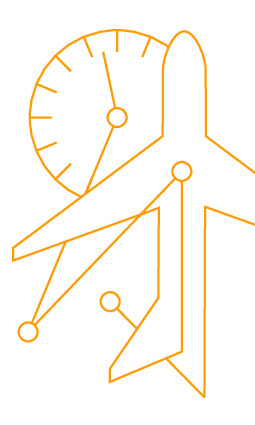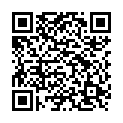|
|
|
| Module code: ABBG57 |
|
|
4SU (4 hours per week) |
|
5 |
| Semester: 6 |
| Mandatory course: no |
Language of instruction:
German |
Assessment:
Term paper with presentation
[updated 01.10.2020]
|
Exam recurrence:
The information regarding exam recurrence is found within the exam policy of the study programme (ASPO).
|
ABBG57 (P410-0069, P410-0070) Aviation Business (Basic), Bachelor, ASPO 01.10.2015
, semester 6, optional course, management
ABBG57 (P410-0069, P410-0070) Aviation Business (Basic), Bachelor, ASPO 01.10.2018
, semester 6, optional course
|
60 class hours (= 45 clock hours) over a 15-week period.
The total student study time is 150 hours (equivalent to 5 ECTS credits).
There are therefore 105 hours available for class preparation and follow-up work and exam preparation.
|
Recommended prerequisites (modules):
None.
|
Recommended as prerequisite for:
|
Module coordinator:
Prof. Dr. Thomas Korne |
Lecturer: Prof. Dr. Thomas Korne
[updated 01.10.2018]
|
Learning outcomes:
After successfully completing this module, students will be able to assess the importance of quality as a competitive and cost factor. Students will be familiar with the basic concepts of general quality management of the DIN EN ISO 9000 family and the DIN EN 9100 family of aviation. They will be able to set up a quality management system in its basic structure and identify core and support processes on the basis of specific company examples and design them to meet quality standards. For this purpose, they will be able to master simple techniques and instruments for efficient process documentation. Students will be able to assess process capability using statistical tools. They will be familiar with the auditing process, have practiced (exemplary) auditing techniques and be able to prepare internal audits. They will have mastered technical transfers to environmental management and occupational safety management systems and will be able to work towards integrated management systems. They will be familiar with the different requirements of the various industries, especially the differences between the general requirements for a QM system and special requirements in aerospace and defense. They will be proficient in the classic quality tools of problem solving, e.g. Pareto analysis, control charts, FMEA, etc., and will be able to apply them appropriately and in keeping with the situation.
[updated 01.10.2020]
|
Module content:
1. Basics
2. Process management
3. The importance of standards
4. Problem solving tools
5. Measuring process capability
6. Error prevention and statistical process control
7. Quality management according to DIN EN ISO 9000ff.
8. Supplements to quality management by DIN EN 9100 in aviation, aerospace and defence
9. Risk management within the framework of DIN EN 9100
10. Auditing and certification
11. Total quality management
[updated 01.10.2020]
|
Teaching methods/Media:
Introductory lecture, case studies and integrated tutorials
[updated 01.10.2020]
|
Recommended or required reading:
Introductory literature:
- Brüggemann, H. Bremer, P. (2012): Grundlagen Qualitätsmanagement: Von den Werkzeugen über Methoden zum TQM, 1. Auflage, Springer Vieweg Verlag, Wiesbaden, 2012 (available in electronic form)
-Brunner, F. J. Wagner, K. W. (2011): Taschenbuch Qualitätsmanagemente: Leitfaden für Studium und Praxis, 5. überarbeitete Auflage, Carl Hanser VErlag, München u. a. 2011
- Gietl, G. Lobinger, W. (2012): Leitfaden für Qualitätsauditoren: Planung und Durchführung von Audits nachISO 9011:2008, 4. aktualisierte und erweiterte Auflage, Carl Hanser Verlag, München, 2012
- Zarrath, J. (2012): Qualitätsmanagement nach DIN EN 9100:2010 in der Luftfahrt, Raumfahrt und Verteidigung: Wegweiser für die praktische Umsetzung, 1. Auflage, Herausgeber DIN Deutsches Institut für Normung e. V., Beuth Verlag, Berlin u. a. , 2012
- Zollondz, H. D. (2011): Grundlagen Qualitätsmanagement: Einführung in Geschichte, Begriffe, Systeme und Konzepte, 3. Auflage, Oldenbourg Verlag, München, 2011
[updated 01.10.2020]
|


